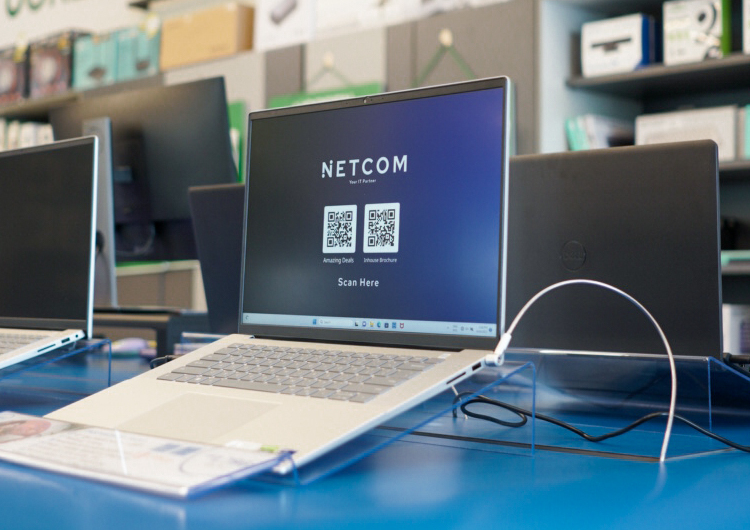Dell Laptop Care Guide: How to Keep Your Laptop in Top Condition
Avoid Soft Surfaces: Refrain from using your laptop on soft surfaces like sofas, beds, carpets, comforters, or pillows as this can block air vents and reduce airflow, potentially causing overheating.
Mindful Usage: Avoid putting excessive pressure on your laptop's screen or placing objects near it that could damage the screen.
Respect Screen Limits: Do not force the LCD screen beyond its designed limit to prevent damage to the screen, hinges, or laptop.
Protect the Screen: Avoid touching the screen with sharp or pointed objects.
Be Mindful of Ports: Do not insert items, especially metal objects, into ports that are not intended for them.
No Food or Beverages: Keep food and beverages away from your laptop.
Clean Before Closing: Remove any items from the keyboard before closing the laptop screen gently to prevent damage.
Storage Considerations: When storing your laptop, avoid placing heavy objects on top of it or stacking laptops on each other.
Keep It Dry: Protect your laptop from rain, snow, and liquids.
Avoid Extreme Temperatures: Do not leave your laptop in a car or any place where it could be exposed to extreme temperatures or direct sunlight for extended periods.
Handle with Care: The LCD screen and touch screen are made of polarized glass, so be cautious to prevent damage from drops or impacts.
Laptop Cleaning
Regular Cleaning: Periodically clean your laptop to extend its lifespan. Focus on the LCD screen, keyboard, chassis, and air vents.
LCD Screen: Gently wipe the screen with a clean microfiber cloth designed for LCD screens. Avoid household cleaners.
Keyboard and Chassis: Wipe surfaces gently with a soft microfiber cloth.
Air Vents: Use compressed air to remove dust and debris.
For detailed cleaning instructions, please contact our technical team, who will be happy to guide you through the process.
Power (AC Adapter, Cables, and Batteries)
Use Surge Protection: To protect against power fluctuations, use surge suppressors, line conditioners, or uninterruptible power supplies.
Use Dell-Approved AC Adapters: Only use the AC adapter provided by Dell for your laptop.
Proper Cable Handling: Be mindful of where you plug in the power cable and avoid creating tripping hazards.
Secure Cable Connections: Ensure that all cables are securely connected.
Battery Management: Unplug the AC adapter after the battery is fully charged and plug it back in when the battery charge falls below 50 percent to extend battery life.
Shut Down When Not in Use: Turn off the laptop when not in use to conserve battery life.
Carrying or Transporting the Laptop
Remove Devices: Before transporting the laptop, disconnect any plugged-in devices.
Handle with Care: Avoid picking up the laptop by the screen or corner of the palmrest.
Close the Screen: Close the laptop screen when carrying or transporting it.
Consider Protective Cases: Consider using a protective laptop case or backpack with laptop padding.
Power Down: Turn off the laptop and gently place it in the carrying case or backpack to avoid damage to the chassis or screen.
Avoid Pressure: Do not place items in the carrying case that could press against the laptop.
These guidelines should help you maintain the optimal performance and longevity of your Dell laptop.
 Free Delivery for purchases above $50
Free Delivery for purchases above $50 

